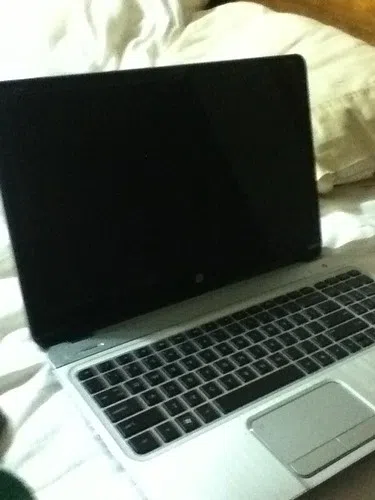There’s a new digital library you can search to see the effects of COVID-19 on marginalized groups.
Beth Lyons is the executive director of the New Brunswick Women’s Council, who developed a COVID-19 digital library.
“Situations of instability or crisis like a pandemic tend to affect women differently than men, folks who are already vulnerable and marginalized tend to be further marginalized so we really wanted to ensure that there was a gender lens in New Brunswick certainly around public policy that was developing around COVID,” she said.
Lyons said it was a challenge to find a good way to share the information in an easily searchable way.
“What we found when we started working on this is that people were actually coming out with a lot of really great information about how COVID was potentially going to impact women differently than men or might have differential impacts based on not only gender but maybe race, socio-economic standing, all sorts of things,” she said.
Now that library is available in an easy to search website online and includes content specific to the province as well as regional, national and international levels.
“You put these big projects out into the world, and then you don’t always know how they’re going to land, but in this case, we’ve gotten feedback from our own members that it’s been very useful for them, and we also know that there’s been a good uptick in government, you know, deputy ministers have been sharing information from it,” she said.
Lyons said not only would this project not have happened without Code For Canada, but the entire experience taught the Women’s Council more about databases, which also increased their own capacity, at no cost to them.
“The stuff we learned from this, the library itself is amazing, it’s unreal but then the things that we’ve learned that we’re going to use on other projects?”
Lyons said there was a lot of content to review to include and at one point the council was told this was a new idea, there was no guarantee it would work.
She said it’s important to offer a broad social justice analysis of how the pandemic is hitting home.







